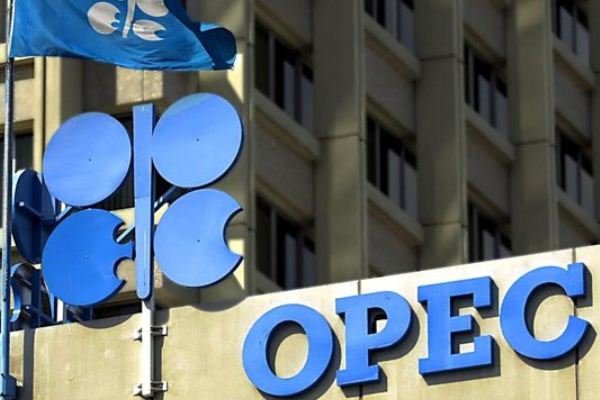Mr. Bijan Namdar Zanganeh of Iran was in Algiers in an important meeting of OPEC member states the decision of which would have been either plight for the member states or a success; however the latter was the case and finally member states including two important rivals, Iran and Saudi Arabia, coming to terms with conditions. No less important was Mr. Khalid al-Falih’s admission of Iran’s exception to the quota, speaking to CNN earlier on Monday. This was a huge success for Mr. Zanganeh who could not have been any more optimistic about the Algiers meeting.
Zanganeh told Iran’s IRIB Channel One news program on Thursday morning that the decision had sent crucial signals to the market; “it was a success where only within minutes, oil prices increased few dollars; now the market is robust and producers would bask in their adulation of the OPEC decision,” he told the program. “OPEC will be in contact with non-member producers to bring them into the regime in efforts to stabilize the market further.”
Reuter’s report on Thursday coverage of the news story quoted Mr. Zanganeh in the event. "OPEC made an exceptional decision today ... After two and a half years, OPEC reached consensus to manage the market," said Iranian Oil Minister Bijan Zanganeh, who had repeatedly clashed with Saudi Arabia during previous meetings.
He and other ministers said the Organization of the Petroleum Exporting Countries would reduce output to a range of 32.5-33.0 million barrels per day. OPEC estimates its current output at 33.24 million bpd.
"We have decided to decrease the production around 700,000 bpd," Zanganeh said. The move would effectively re-establish OPEC production ceilings abandoned a year ago.
However, how much each country will produce is to be decided at the next formal OPEC meeting in November, when an invitation to join cuts could also be extended to non-OPEC countries such as Russia.
SH/3782396

























Your Comment